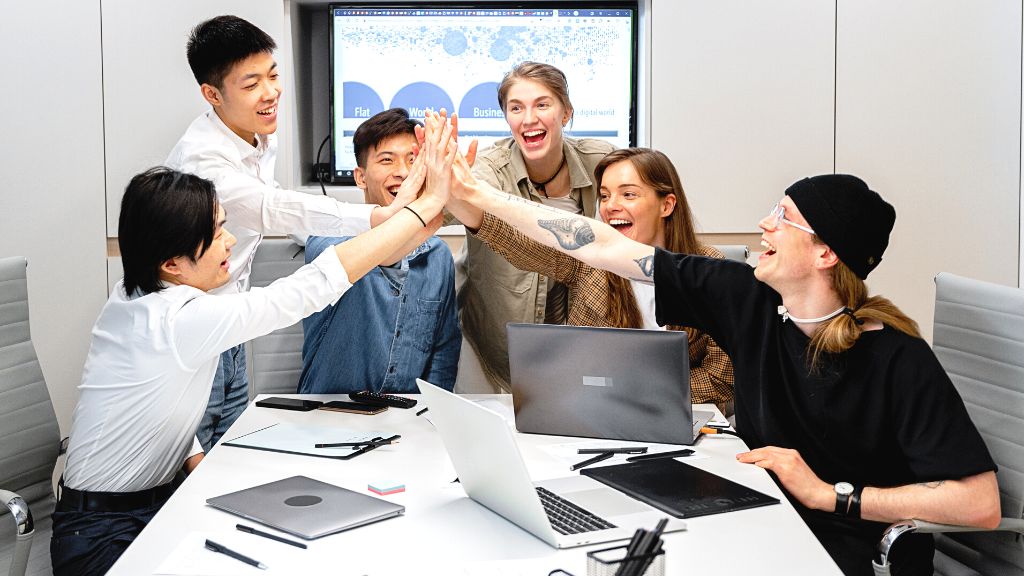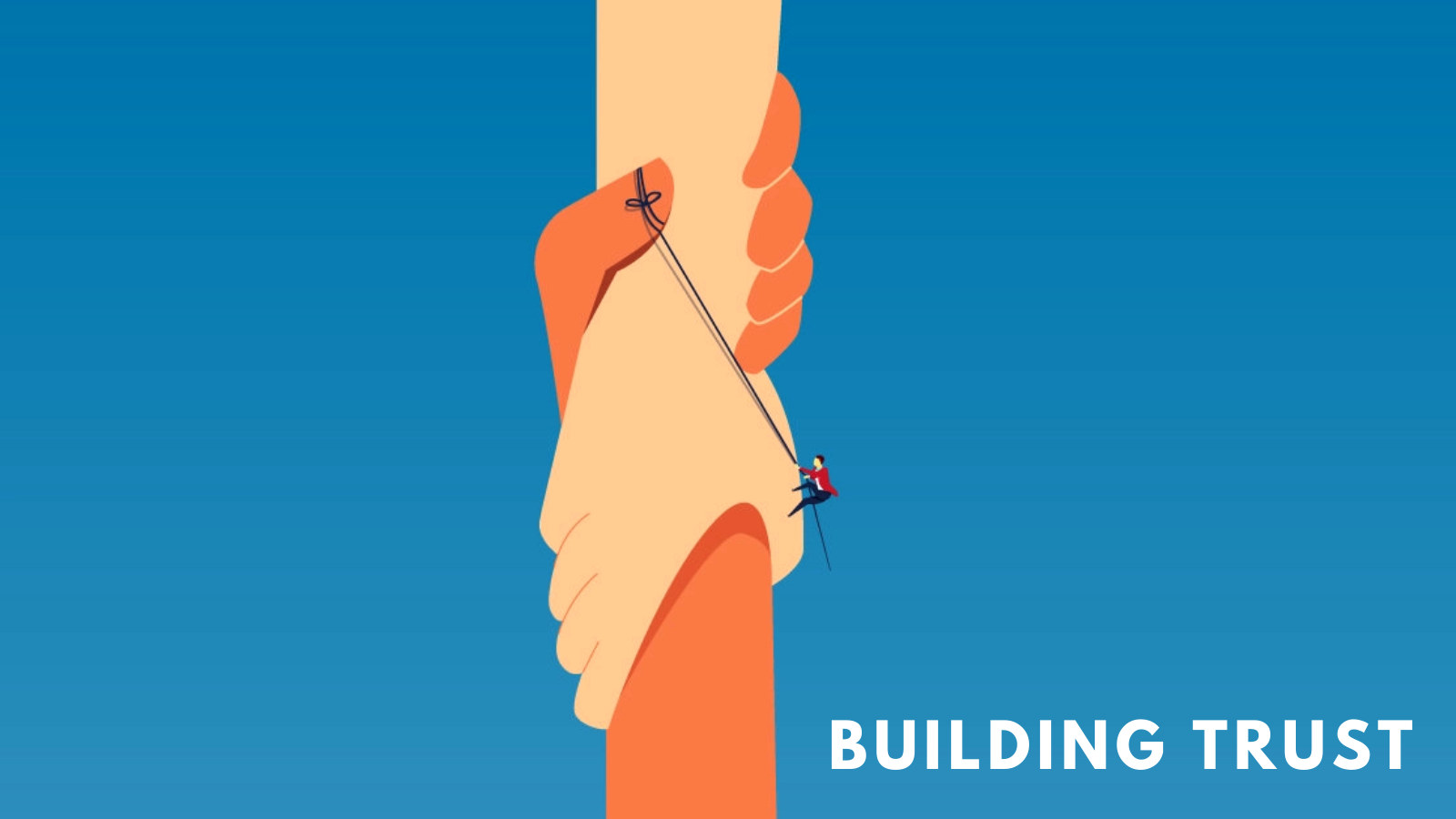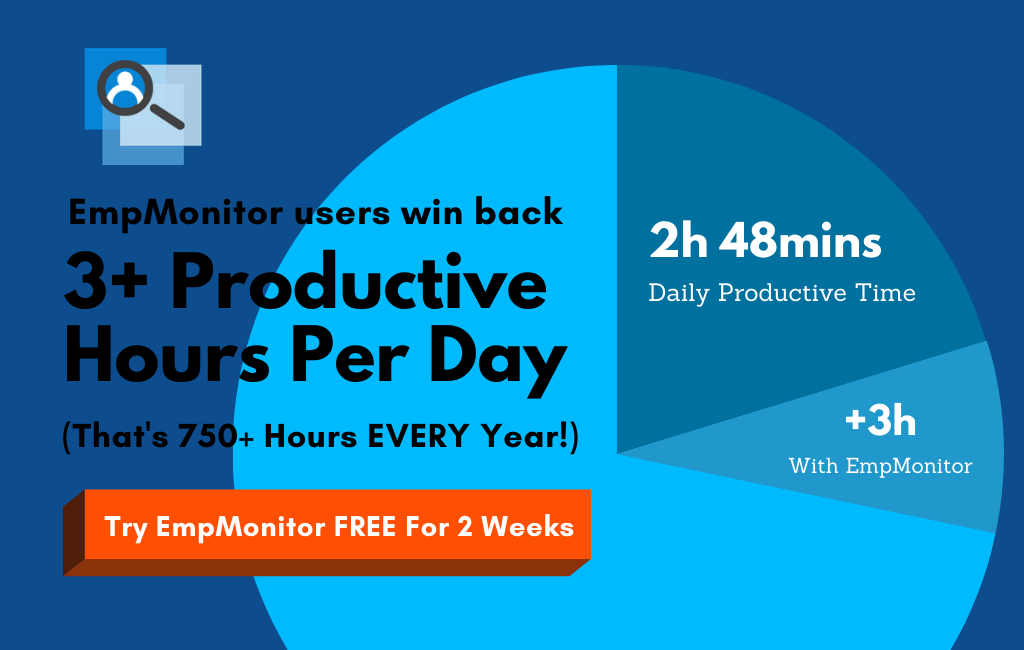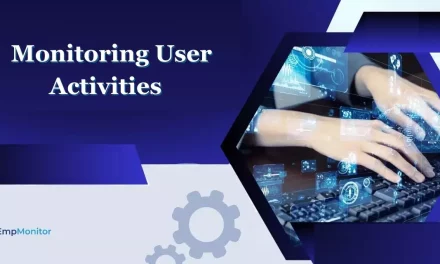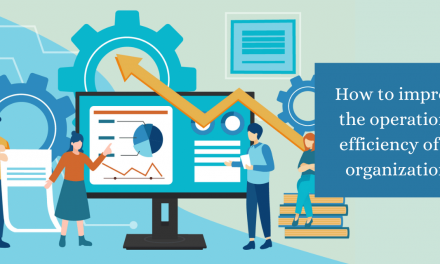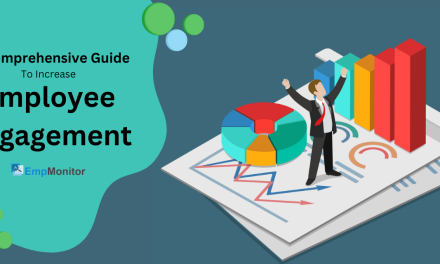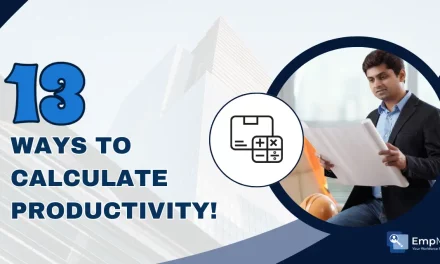Collaboration skills are vital for every initiative, but it is challenging to cooperate with people and teams because everyone has distinct strengths and drawbacks.
Knowing how to cooperate aid in career advancement and help you grow in every sphere of life.
Company culture impacts teamwork collaboration skills as some organizations provide training on skills for collaboration while others believe that it will happen naturally.
Collaboration skills in the workplace allow you to gel well with others in your team by understanding diverse perspectives, driving priorities, and meeting expectations as a trustworthy team member.
Successful collaboration skills and teamwork calls for mutual respect and a cooperative spirit.
And that’s the basis hiring managers prefer employees who possess collaborative skills and can balance team goals with personal achievement because nothing can prosper without collaboration.
Learn more about collaboration and how to develop them-
What are Collaboration Skills?
In a workplace context, collaboration skills are attributes or intellectual capabilities that enable you to work together in a team towards the effective completion of a goal.
It requires soft and hard skills, as both are equally crucial to successful collaboration in the workplace because sometimes we work in traditional office space and other times with members of a virtual team.
Workplace collaboration needs to perform with a group towards achieving a project or task through interpersonal skills, communication skills, knowledge sharing, and strategy.
In order to be a skilled employee, one needs to be productive and efficient and this requires effective collaboration skills at the workplace.
Successful collaboration needs mutual respect for people you have to deal with for common objectives.
Teamwork drives greater productivity and promotes healthy affinities between workers as functioning together makes team members more effective than those who work on the projects alone.
Also, successful collaborations increase team motivation and engagement, thus, inventing extraordinary solutions to tough challenges. It also boosts team accountability in the workplace.
For some, working in a team comes innately, but for some, it is difficult.
Though collaboration skills can be developed if one pays attention to and works on weak areas.
An effective collaborator knows that there’s always room for improvement and every team member brings a different skill set and value to the table.
For successful teamwork collaboration, you need skilled communication, emotional intelligence, and respect for diversity.
Let’s check each of these collaboration skills-
Communication Skills
Communication skills are paramount collaboration skills to prosper in any sphere of life.
Getting your point across can be challenging within a team when you have to convey your outlook without coming across as imposing beliefs on others’ viewpoints.
Let us check a few essential communication traits-
- Active Listening: Active listening goes above listening to the words your colleagues are saying. It is also trying to understand their perspective rather than judging them on the preconceived notion of office politics.
Active listening can take you places if you try to understand the meaning behind your colleague’s words. Ask for clarification, and ensure you understand their issues before moving on.
2. Written Communication Skills: In remote working or otherwise, a lot of collaboration happens in writing. It is equally necessary to be mindful of written words (not rely on non-verbal cues always) for how your messages are acquired when contacts are on paper.
3. Verbal Communication Skills: What you say and how you say is extremely crucial in assemblages. The key to evolving a successful vocal communicator is conveying your perspective subtly and respectfully disagreeing with other ideas rather than harboring malice inside and barfing it out distastefully in meetings.
4. Non-Verbal Communication: When working closely in a team environment, be extra prudent of non-verbal communication through body language and tone of your voice.
Be alert of said words and the way you convey in team projects because sheer negligence in spoken words can command you a blunder.
Emotional Intelligence
Emotional intelligence creates all the differences when communicating in the workplace. In fact, it is a considerably sought-after characteristic for a successful collaboration(collaboration skills).
The emotional intelligence or emotional quotient of a person is the quality of identifying & managing their own as well as others’ emotions accurately by responding healthily rather than reacting to a situation immediately. (if someone is irritable at the workplace because of overwork or some personal issues)
When collaborating on projects, emotional intelligence can help you successfully collaborate with members of different temperaments and experiences only if you understand how to manage their and your sentiments in unfavorable circumstances.
Some attributes to develop to enhance your emotional intelligence-:
- Resilience
- Curiosity
- Empathy
- Compassion
- Conflict resolution
- Not being offended easily
- Not taking criticism personally
- Being able to recognize and detach from strong emotions
Respect for Diversity
Be extra careful of not displaying any biases regarding caste, creed, or culture whenever in the public domain for work or anywhere. Ensure respect for members from varied backgrounds, cultures, and beliefs by portraying uniformity of conduct and recognizing people on work merit, especially as now we work with colleagues from different countries.
Work on developing a global outlook with respect for all and call out alert to behaviors or decisions that could be subtle shapes of bigotry.
This one quality of appreciating everyone can stand you apart from the rest in depicting you as an influential collaborator looked upon with regard by everyone.
Respect for Diversity Includes:
- Open communication
- Sensitive towards all ethnic and religious backgrounds
- High emotional and intelligence quotient
- Facilitating group discussion
- Building consensus among all
- Eliciting viewpoints from all team members
Collaboration Skills Roadblocks
Companies meet the following challenges as they function towards a collaborative workspace:
- Lack of Communication – When teams fail to share ideas, it is the biggest hurdle in collaboration and making others understand the project requirements. Hence, teamwork collaboration fails.
- Low Emotional Quotient– If you as a leader have low EQ (emotional quotient), you cannot collaborate with others because of a lack of understanding others’ viewpoints.
- Lack of Clarity on Objectives – Poorly defined goals will make it difficult to collaborate effectively.
- Conflicting Management Styles – When leaders exhibit working styles that do not fit in with team members, it causes resentment, resulting in flawed collaboration on all levels of hierarchy.
- Lack of Resources– In addition to soft skills, you still need several aids and tools to achieve work goals. And, if you have not been able to determine requirements right or are facing budgetary matters, then also it can hinder collaborative efforts.
How to Improve Collaboration Skills- 5 Smart Tips
Collaboration skills are something you can understand and develop more of as you start functioning together on assignments.
Here are five simple yet powerful tips to improve your collaboration skills and work smoothly in a group.
1. Approach Change Positively
Change is always uncomfortable, but approach it with positivity and open arms to smoothly come out of initial hiccups without being the Negative Nancy in the room.
When executed well, a change of policy or a new idea can be the door to many fresh possibilities and development for all team members, in turn.
Replace hostile sentiments by conveying doubts to all members. Maintain the communication lines open to build trust and a safe environment, where the exchange of ideas is welcomed and not seen as opposition.
2. Build & Maintain Trust
Trust is difficult to build and easy to fail, and it is the key to every successful personal or professional commitment.
Keep your promises and take confidentiality very seriously to demonstrate how trustworthy you are for team collaborations on serious projects.
3. Use Project Management Tools
For enhancing alliances(collaboration skills) of remote teams, utilize project management tools for better collaborations on projects.
Performing nicely with a unit concerns bringing the right tools and processes rather than purchasing the most expensive and intricate project tool.
Teams are breaking out of their siloed work to brainstorm on projects and get things done. Get the opinions of your team members for hurdles in collaborations so that the best tool comes up.
With virtual collaboration and project management platforms like EmpMonitor, collaboration is even easier for employees, no matter which zone they work.
EmpMonitor is deciphering all employee & management work-related confusions by putting everything out on the table to analyze, judge, and understand, if need be.(Refer to images below for better understanding)
These are the timesheets images of EmpMonitor-
Here a breakdown of the whole employee work duration is given into timesheets, recording the clock in time, Clock out time, total work hours, office hours, active hours, productive hours, unproductive hours, neutral hours, idle hours, and offline hours.
Such detailed and thorough reporting will minimize employee-management confrontations about time spent and construct a wholesome work relationship based on accountability and clarity for better collaborations.
4. Improve Self Awareness
Self-awareness is all about having the right emotional quotient by accurately understanding situations around and controlling your behavior.
Pay attention to how you come across others and operate in stressful circumstances.
You can ask for direct feedback or observe others’ behavior towards you by decoding non-verbal signs.
Try to restrain adverse impacts by raising self-awareness and developing an understanding of your behavior.
5. Celebrate Differences
We are all born different, and that is how it should be to operate uniquely and expand your strengths.
Celebrate the different takes for better ideas and make every member feel welcomed in the decision-making process.
There is no reason to make everyone the same. Play to an individual’s strengths and use the dissimilarities to enrich teamwork collaborations.
Also Read-
What it is to Feel Like Work Burnout? Learn How to Cope With it.
Key Takeaways
- The consequence of exemplary collaboration skills is a company that thrives and attains new milestones.
- Happy work culture is not achievable without working on the collaboration skills of all employees.
- Obstructions will emerge, but to move ahead needs conflict resolution from team leaders by actively listening to the unsaid sometimes.
- For better collaborations, keep the communication lines unrestricted and never withhold any information critical to carry out tasks on time.
- Show recognition and give timely credit where it is due. Set group goals beyond personal recognition, specifically if you’re the team leader.
- Identifying obstacles as they appear and managing them is a sign of an alert mind. Additionally, apologize for mistakes asap and forgive others for errors to enhance team collaborations.
- Holding a grudge or sabotaging the efforts of other team members destroys collaboration.





